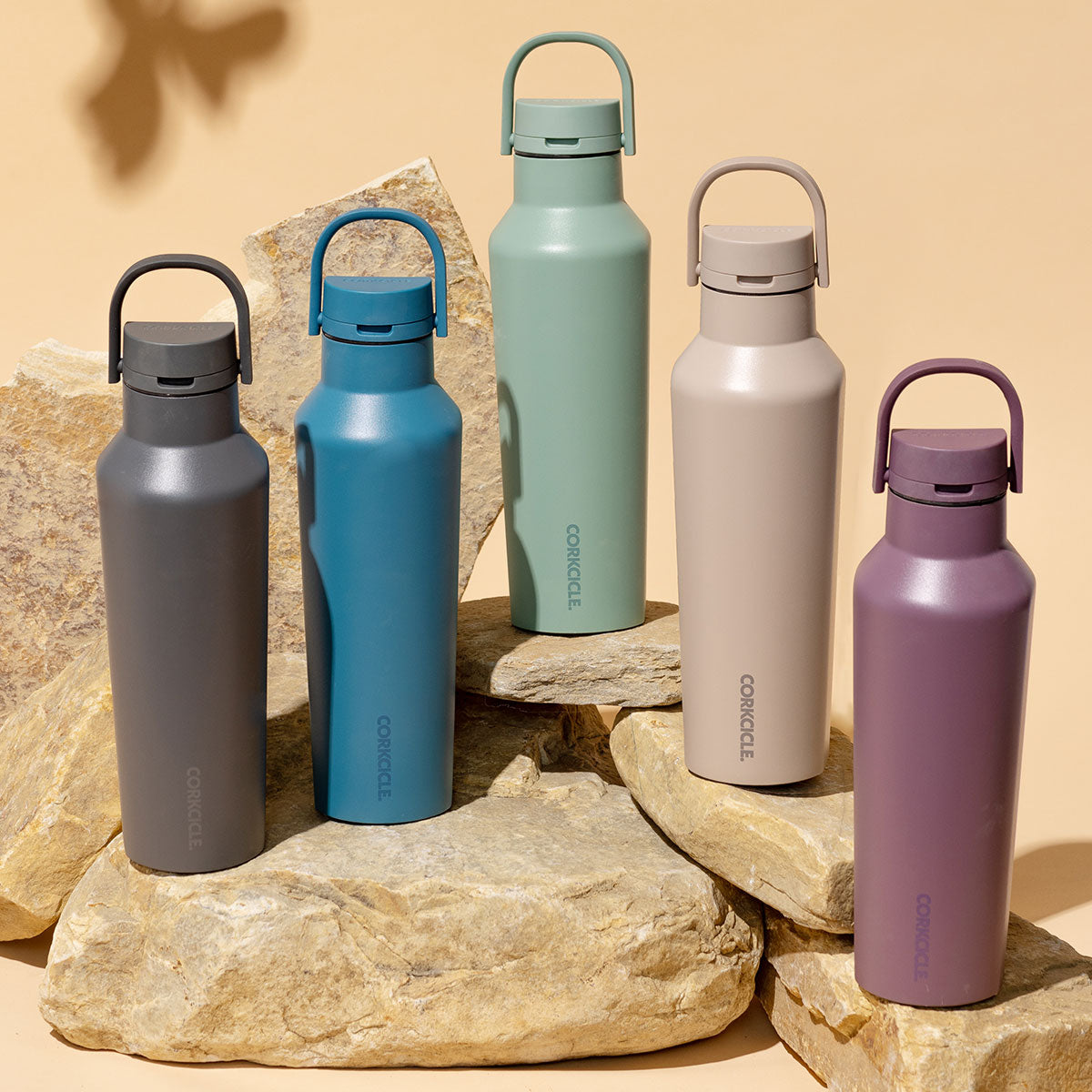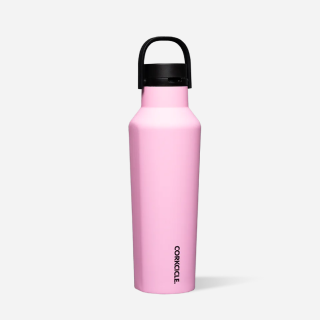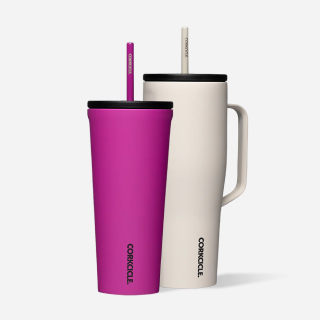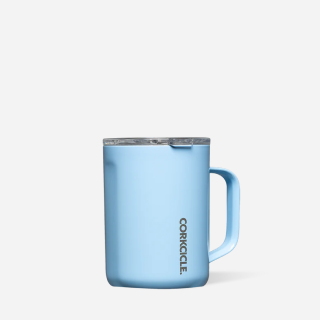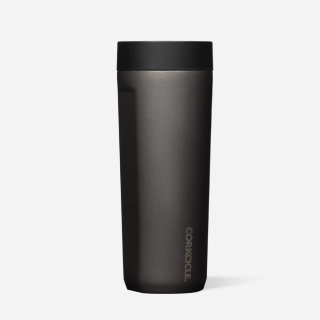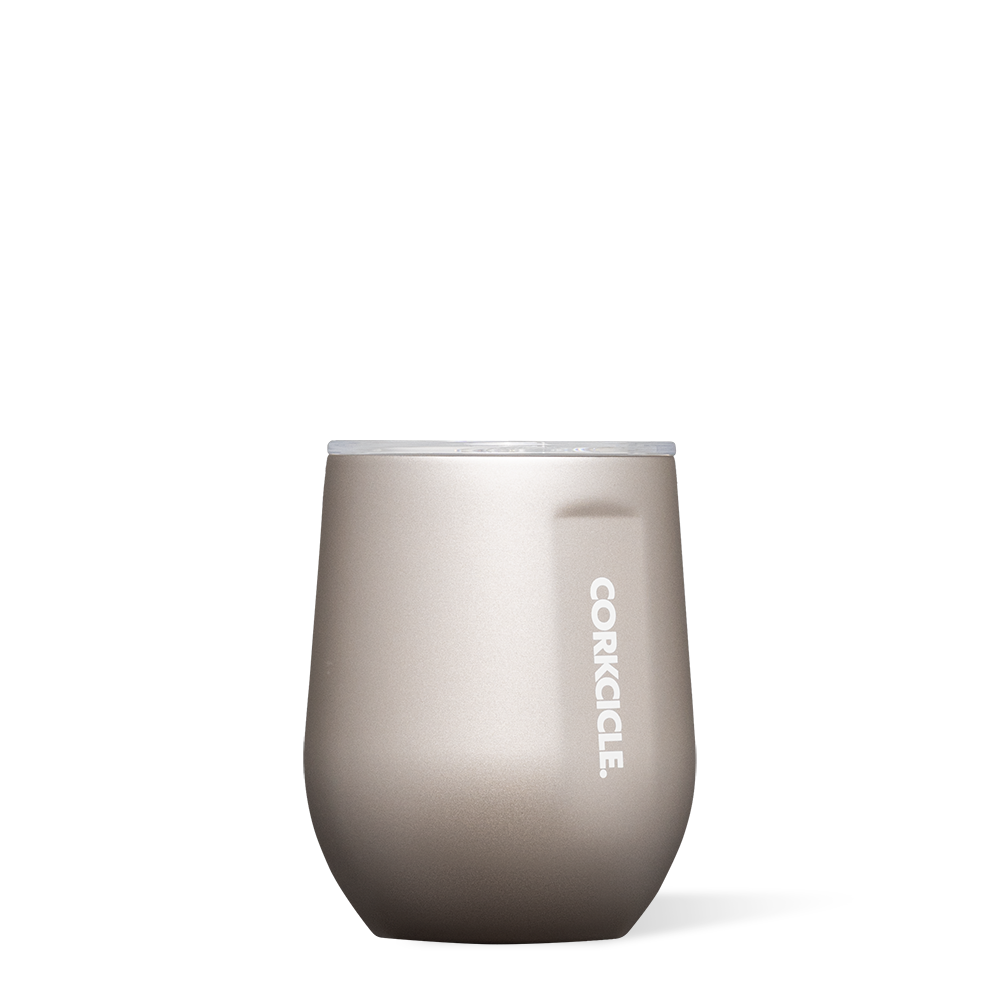There is a unique joy that comes from sipping a glass of wine after a long day, but have you ever wondered whether the type of wine glass you use truly makes a difference?
Today we explore the ongoing debate of stemless vs stemmed wine glasses and if one is indeed better than the other. From the physical characteristics to the advantages and disadvantages of each, discover which among the two different types of wine glasses best suits your wine-drinking preferences the most.
What are Stemless Wine Glasses?
If you've ever held a red wine glass without a stem, you're familiar with stemless wine glasses. These beautiful stemless glasswares are designed with a flat base and no elongated stem. They offer a modern and sleek aesthetic that can elevate any occasion. Let's dive into the pros and cons of using a stemless vs stemmed wine glass.
Definition of Stemless Wine Glasses
Stemless wine glasses, as the name suggests, are wine vessels without stems. Stemless glasses are crafted with a wide base that allows for stability and easy handling.
Pros and Cons of Stemless Wine Glasses
Stemless wine glasses are more versatile and compact, making them the best wine glasses for casual gatherings. Stemless glassware is less likely to tip over and is often dishwasher-friendly, making cleanup a breeze.
Some wine connoisseurs argue that the absence of a stem can affect the temperature of the wine, however double-walled options like these Corkcicle stemless wine glasses help keep wine at the perfect temperature even without a stem. Additionally, fingerprints on the glass may interfere with the visual appeal of the wine.

Shop Stemless Wine Glasses
What are Stemmed Wine Glasses?
Stemmed wine glasses are the traditional, time-tested vessels for wine enthusiasts. They feature an elongated stem and a bowl-shaped top and are a staple in many parties and wine-tasting events. Let's explore the advantages and disadvantages of using stemmed wine glasses.
Definition of Stemmed Wine Glasses
Stemmed wine glasses are characterized by their elegant and classic design. They consist of a long stem that transitions into a rounded bowl, allowing for a graceful hold while savoring your favorite wine.
Pros and Cons of Stemmed Wine Glasses
Stemmed wine glasses offer timeless elegance and sophistication. The stem prevents body heat from affecting the temperature of the wine, ensuring a consistent tasting experience. The elongated stem also prevents fingerprints from interfering with the visual enjoyment of the wine.
Stemmed wine glasses may be more fragile and prone to breakage. Their longer shape makes them less stable, especially on uneven surfaces. This also means a larger probability of being tipped over and causing a spill when placed on soft surfaces like the cushion of a seat.
Comparison Between Stemless and Stemmed Wine Glasses
Now that we've explored the characteristics of stemless and stemmed wine glasses, let's dive into a detailed comparison to help you make an informed decision.
Aesthetics: Appearance and Visual Appeal
Stemless wine glasses exude a contemporary charm with their sleek and modern design. They are often favored for their simplicity and casual elegance. On the other hand, stemmed wine glasses boast a classic and refined look that adds a touch of sophistication to any table setting.
Functionality: Wine Tasting Experience and Temperature Retention
Stemless wine glasses allow for a firm grip, making them suitable for informal occasions and outdoor settings. However, their shorter design may lead to the transfer of body heat to the wine. Insulated stemless glasses solve this problem by creating a barrier between your hand and your beverage, however non insulated designs are still prone to getting warm. Stemmed wine glasses, with their elongated stems, prevent this heat transfer and maintain the wine's desired temperature, enhancing the tasting experience.
Versatility: Which Other Drinks Work Well
Coolers like margaritas and piña coladas, as well beers and ales, are better suited for the contemporary look and more casual use of stemless wine glasses, while spritzers, champagne, and sangrias are in no way out of place in a stemmed wine glass.
Durability: Resistance to Breakage and Longevity
Stemless wine glasses are often considered more durable than their stemmed counterparts. Their solid construction and shorter design make them less prone to tipping over and shattering. Stemmed wine glasses, while potentially more delicate, offer a sense of luxury and are cherished for their timeless appeal.
Ease of Use: Holding, Swirling, and Serving
When it comes to holding and swirling the wine, stemless wine glasses shine. Their compact size and wide base provide a comfortable grip, allowing for easy swirling and aroma release. Stemmed wine glasses, with their elongated stems, offer a graceful and traditional way to hold and swirl the wine. They also make pouring and serving wine an elegant experience.
Factors to Consider when Choosing Between Stemless and Stemmed Wine Glasses
Now that we've compared stemless and stemmed wine glasses, let's delve into the factors that may influence your decision.
Personal Preferences and Aesthetic Considerations
Your personal style and preferences play a significant role in the choice between stemless and stemmed wine glasses. If you lean towards modern and casual settings, stemless wine glasses may be the perfect fit. On the other hand, if you appreciate a touch of elegance and a little more tradition, stemmed wine glasses are likely to be your go-to choice.
Occasions and Wine Types
Consider the occasion and the type of wine you plan to serve. Stemless wine glasses are well-suited for informal gatherings, picnics, or outdoor events. They work beautifully with red wines and can be a versatile choice for white wines as well. A stemmed white wine glass, with its classic appeal, is ideal for formal dinners, wine tastings, or special occasions. They are often preferred for white wines, sparkling wines, and delicate varietals.
Budget
While there’s hardly a difference between the general prices of stemless and stemmed wine glasses, your budget falls into consideration in the instance that you only have enough for a set of either of the two. Given the versatility of stemless wine glasses, it is the optimum choice if you are also in need of glasses to serve beverages other than wine. However, if you already have other existing glasses designated for other drinks, stemmed glasses are the way to go for a more traditional wine-drinking experience.
Hot and cold ready thanks to double-walled insulated glass, Corkcicle Wine Glasses are a great choice for starting off your home bar or adding to your collection of glasses.
Common Misconceptions about Stemless and Stemmed Wine Glasses
Let's debunk a couple of common misconceptions surrounding the use of stemless and stemmed wine glasses.
Myth #1: Stemless wine glasses are more casual and less elegant
While stemless wine glasses are often associated with a casual setting, they can still exude elegance. Their sleek and modern design can complement a variety of table settings, offering a contemporary touch.
Myth #2: Stemmed wine glasses are fragile and prone to breakage
Although stemmed wine glasses may appear delicate, they are crafted with precision and durability in mind. Opt for high-quality stemmed wine glasses made from sturdy materials to ensure their resilience.
Myth #3: Wine in stemmed glasses tastes better
For every stemmed wine glass is an equivalent stemless wine glass with a similarly shaped bowl just, you know, without the stem. Try pouring the same wine in both. Take a sip. It tastes the same. The only difference is that for stemmed glass, contents are less likely to warm as quickly as there won’t be a warm hand holding it. But then again, insulated variants of either a stemmed or stemless wine glass will help take care of the temperature control.
Myth #4: You need a different glass for white and red wine
When being served wine at a restaurant, have you ever wondered why you are served different-sized glasses of white and red wine? This is because of the supposed rationale that white wine in a smaller glass is less likely to warm up because it needs to be filled more often. This aversion to being warmed up is also the reason why stemmed wine glasses are supposedly a must. But then, with insulated options like those from Corkcicle, the same set of glasses can be used for enjoying both red and white wine.
When it comes to choosing between stemless and stemmed wine glasses, there is no definitive answer. It ultimately boils down to personal preferences, occasion, and the wine you plan to enjoy.
Stemless wine glasses offer a modern and versatile option, while stemmed wine glasses embody elegance and tradition. Consider the aesthetics, functionality, durability, and ease of use to make an informed decision.
Whichever style you choose, remember that the true essence lies in savoring and appreciating the delightful flavors and aromas that wine has to offer. Cheers!
